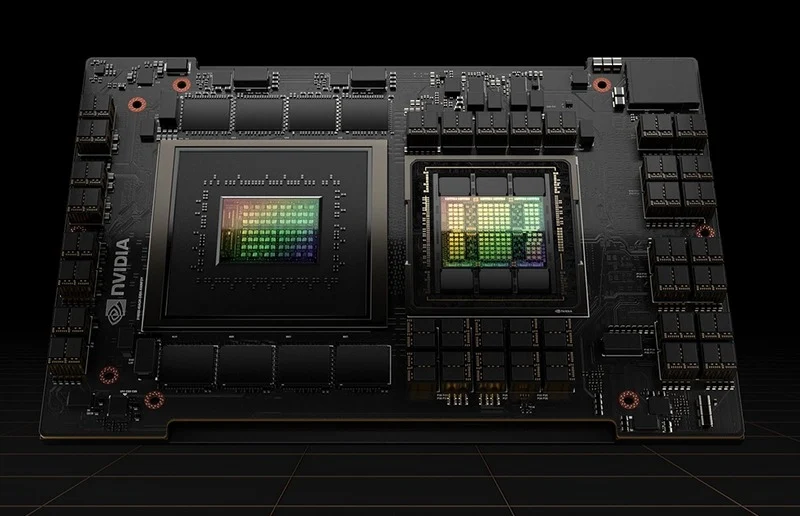The Biden administration revealed a major change to U.S. export controls on sophisticated AI chips and technologies today. This new framework establishes a tiered approach that allows preferred access for crucial allies while mandating special licenses for other countries. Dubbed the “AI Diffusion Rule,” the regulations are designed to restrict access to the most powerful AI chips and models, especially for nations viewed as adversaries, with China at the forefront.
Importance of U.S. Leadership in AI
Gina Raimondo, the U.S. Commerce Secretary, emphasized the need to maintain America’s lead in AI development and chip design, noting, “It’s critical that we keep it that way.” This rule, managed by the Commerce Department’s Bureau of Industry and Security, is a landmark move, as it is the first instance where the U.S. limits the transfer of powerful AI models alongside advanced chips.
Access for Trusted Allies
The updated policy allows 18 trusted allies, which includes the UK, Canada, Japan, Germany, and South Korea, to have near-limitless access to cutting-edge U.S. AI technology. In contrast, other nations will face a range of restrictions and licensing hurdles. Countries that are not under arms embargoes can still acquire AI chips with a total computing power equivalent to about 1,700 of the newest GPUs without needing a license. This provision provides some leeway for nations developing their own AI sectors, as chip orders won’t count against specific national limits. Additionally, there is a cap of 50,000 GPUs per country, but government-to-government agreements could potentially raise that number to 100,000 units.
Special Licensing for Greater Needs
Certain institutions in specific countries may apply for permission to purchase as many as 320,000 advanced graphics processing units over a two-year timeframe. However, there are constraints on how much AI computational power could be sent abroad by firms and other entities. The exception for the 1,700 GPUs is likely aimed at supporting universities and medical facilities rather than data centers.
Countries like China, Russia, Iran, and North Korea, along with other embargoed nations, are already prohibited from acquiring advanced AI chips. The new regulations aim to close a gap by restricting access to powerful AI models and hinder China’s capability to develop advanced AI systems in partnership with organizations from other countries.
Addressing Parallel Imports
The updated rules also address the issue of parallel imports of advanced chips into arms-embargoed nations. For instance, despite earlier restrictions, AI chips were supplied to Russia via parallel imports through third countries that did not enforce sanctions. The new quotas for these third nations now pose a significant challenge to such imports of AI chips into Russia since companies will be limited in their ability to purchase chips in bulk for resale.
Gina Raimondo remarked, “The semiconductors that power AI and the model weights are, as we all know, a dual-use technology.” They serve many commercial functions, but can also be utilized by adversaries for military advancements, nuclear simulations, and bioweapon development.
Industry Concerns
Nvidia, the leading manufacturer of AI chips worldwide, has expressed strong disapproval of the announcement. In a blog post, the company described the rule as “unprecedented and misguided,” arguing that it would diminish America’s competitiveness on the global stage. Nvidia claims that while these regulations are presented as an “anti-China” measure, they wouldn’t really boost U.S. security. Instead, they would control technologies that are already accessible in mainstream gaming PCs and consumer products, ultimately harming American innovation.
The new export regulations will be subject to a 120-day consultation period, wherein the incoming Trump administration will need to consider input from industry leaders and international allies. After this timeframe, the Trump administration could either amend or enforce the new rules. This timeline has raised concerns about consistency and the possibility of major policy changes with the new leadership.
Biden officials have defended the need for these rules, pointing to the fast pace of global AI advancements. National Security Advisor Jake Sullivan cautioned about the potential “transformative impacts” that AI could have on both the economy and national security in the near future.
Source:
Link

